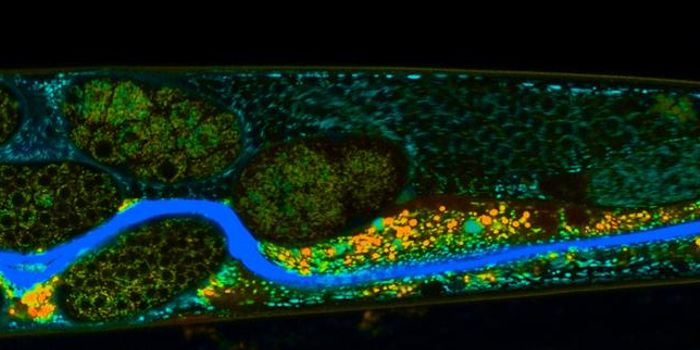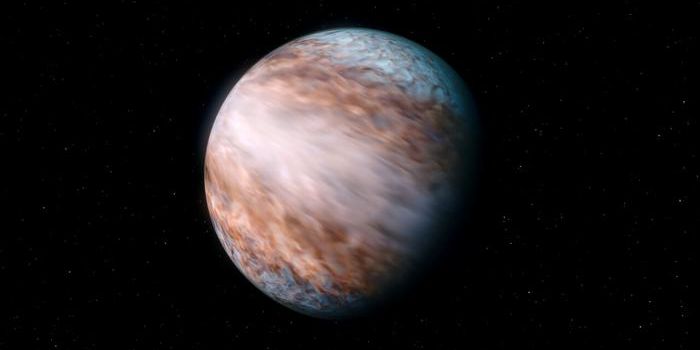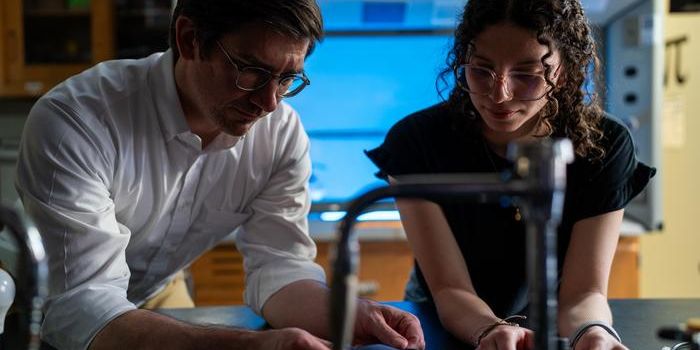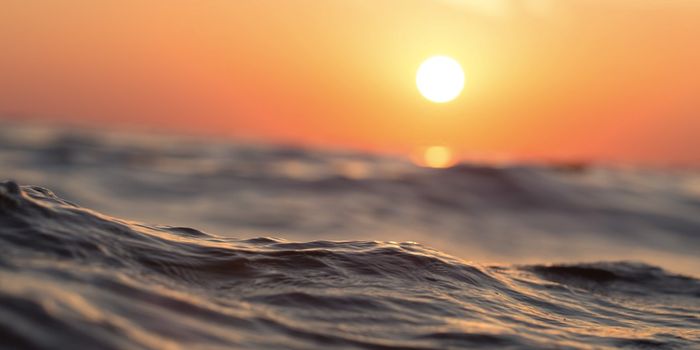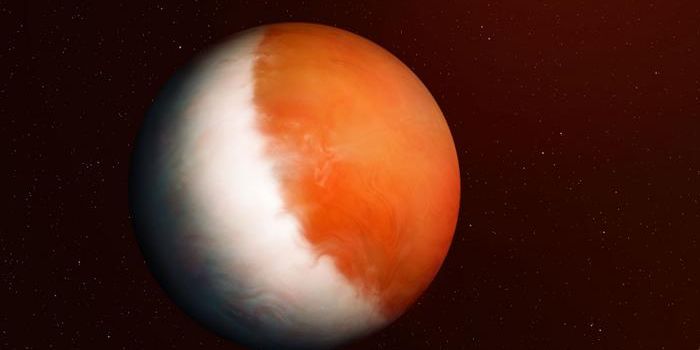Coca-Cola and Nestle want to privatize the world's 2nd largest aquifer
The Guarani Aquifer covers Brazil, Argentina, Paraguay, and Uruguay and is the world’s second-largest aquifer. With over 1.2 million square kilometers of fresh water hidden underground, the aquifer contains enough water to support the four countries for the next two hundred years. Named after the Guarani Indigenous people, who populate mostly Central and Southern Brazil, the aquifer is now under threat of becoming privatized by big industry. Both Coca-Cola and Nestlé have allegedly begun negotiations with local governments.
Following the Brazilian newspaper, Correio do Brasil, “Representatives of [Nestlé and Coca-Cola] have held meetings with government authorities to formulate procedures for exploitation by private companies of water sources, especially in the Guarani Aquifer, in concession contracts for over 100 years.”
Roughly two-thirds of the aquifer sits under the Brazilian states of Goiás, Mato Grosso do Sul, Minas Gerais, São Paulo, Paraná, Santa Catarina and Rio Grande do Sul. Though much of that land is indigenous and should rightfully belong to the Guarani, the Guarani have suffered and continue to suffer from massive injustices, including land grabs, murders, and forced displacement by cattle ranchers. Guaranis number only approximately 50,000 people, down from 400,000. Many of the land grabs and subsequent displacement have been by the hands of the government; and, because of the economic importance of beef in Brazilian exports, courts often look the other way to injustices committed by ranchers.
And now Nestlé and Coca-Cola want in on the land too – or at least the water beneath it. Yet, if Nestlé were to partake in privatizing the aquifer, the company would be in direct conflict with its own zero-tolerance policy on land grabs. According to the company’s Commitment on Land & Land Rights, created in July of 2014, Nestlé committed itself to “engage with and seek the support of those who could be affected by investment decisions,” and they would “seek free, prior, and informed consent with regard to the rights of Indigenous Peoples”.
The statement continues, “Nestlé is against all forms of land acquisitions that are illegal and/or have an adverse impact on local communities’ livelihoods (land grabs). It is committed to developing its business in a way that complies with national laws and respects human rights, and particularly the customary rights to land and natural resources of Indigenous Peoples, traditional peoples, and communities that are impacted or potentially impacted by the company’s business activities.”
Meanwhile, Nestlé has denied any involvement in the privatization of the aquifer, stating on the company’s website: “Nestlé has no interest in privatizing the withdrawal of water from the Guarani Aquifer in Brazil. We have not contacted the Brazilian Government on this matter or discussed it with them. Any suggestions to the contrary are incorrect.”
Sources: Truth Theory, Intercontinental Cry, Nestle, Biblioteca Pleyades



